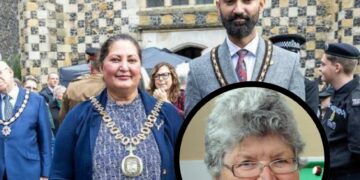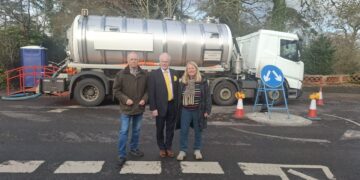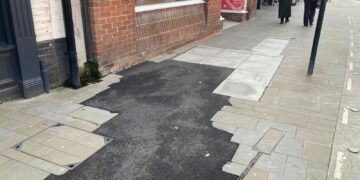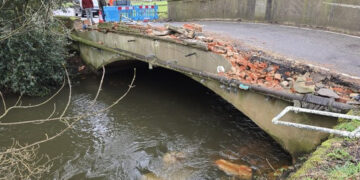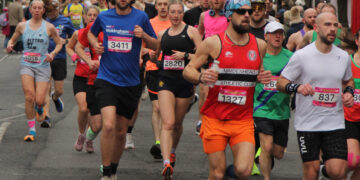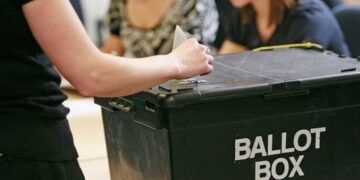AFTER a military-enforced lockdown was announced in Peru, travellers from Wokingham and Reading are nervously waiting to be evacuated by the UK Government.
On Sunday, March 15, the President of Perú Martín Vizcarra declared a sudden nationwide State of Emergency in efforts to combat the spread of COVID-19.
This includes a complete restriction on national transport via land, air, sea and rivers for all Peruvians and foreign visitors.
Now, there are 663 British and Irish citizens stranded across Peru, including NHS staff, environmental workers, teachers, holiday makers and gap-year travellers.
Last week, the Foreign and Commonwealth Office (FCO) announced that they are working to secure rescue flights from Lima to the UK, the first of which left Heathrow at 10am on Tuesday, March 24 and will return to the UK today.
A spokesperson from the FCO said: “We are prioritising places for vulnerable British nationals most at risk from the effects of coronavirus on this flight – namely elderly people and those with underlying health conditions.
“We continue to work around the clock with the Peruvian authorities, international governments and airlines to arrange further flights to the UK for remaining British nationals.’’
Caversham resident, Thomas Inch (19) is hoping to board one of the repatriation flights soon. After his flight was cancelled one day after a lockdown was announced, he was left scrambling to find last minute accommodation.
He is now waiting in Lima to hear about boarding one of the incoming flights.
But others are not so lucky. Stuck hundreds of miles from the Peruvian capital, 413 British and Irish citizens are scattered across jungles and mountains, with military-enforced curfews keeping them on lockdown.

Among them is Marcus Edgar (48), from Reading, who is stuck in Huanchaco, a beach town in Northern Peru — 468 miles from Lima.
And with all airports, bus terminals and commercial transport networks closed or under military control, Mr Edgar is frustrated at the lack of communication from the FCO.
“On Tuesday, Dominic Raab answered questions in the House of Commons about the challenge of repatriating stranded citizens in the more remote areas of the country,” he said.
But they haven’t been told by the FCO or the British Embassy in Peru about how those stranded across the country are expected to reach Lima to board one of the emergency flights.
Over the past few days, increasing pressure has been placed on the British Ambassador to Peru, Kate Harrisson to provide details for people stuck in towns, villages and jungles on how to reach Lima safely. But these calls have not been met with answers.
Among the hundreds stuck in Huanchaco are two ex-Forest School pupils.
Connor Cummings (22) and Stephen Hunt (21) have been travelling across South America since November, but are now stuck in a crammed hostel in Northern Peru.
Mr Cummings said: “It was all very sudden. We had been planning a trek for the following day when we found out through a friend about the lockdown.”
Melanie Eaton, Connor’s mother, told Wokingham.Today about the duo’s decision to act quickly and find emergency accommodation.
“We had a message from Connor to say they have 12 hours to find accommodation and must prepare to lockdown for 15 days.
“Peru shut down so quickly, nobody had a chance to organise getting out. So they raced down to the coast to try and stay in one of the places they had already visited.
“When they arrived in Huanchaco, armed police escorted them to their hostel.”
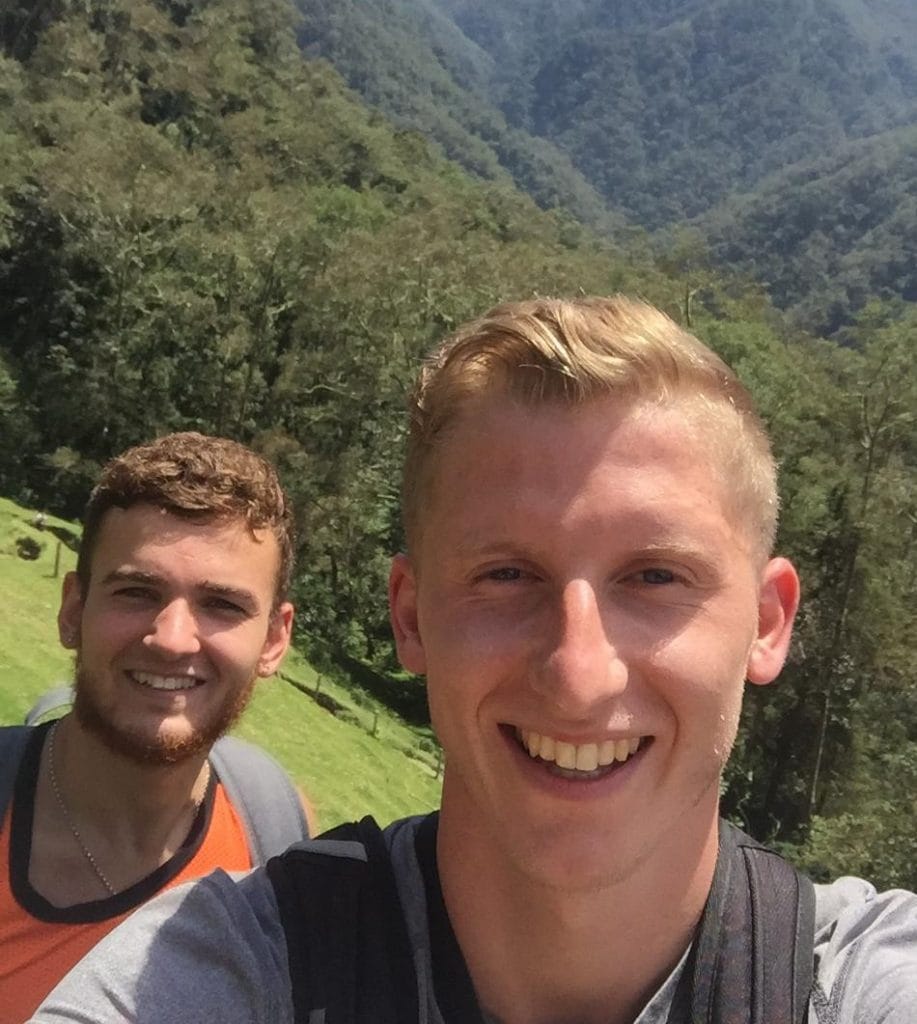
Mr Cummings said: “It was mayhem, full-blown panic stations. The atmosphere was crazy. “The Peruvian Prime Minister announced the lockdown at 8pm, with quarantine starting from 8am the next day.
“There were people running across the streets frantically buying food and 100-metre queues for the ATMs.”
Mr Cummings explained that 45 foreign nationals from the UK, US, France and Switzerland flocked to the hostel rooms. Currently, none of them are showing any symptoms of the coronavirus.
“The hostel owner goes out each day to buy food for us all, but in a small town, buying 50kg bags of rice and 100 rolls of bread gets a few dodgy looks from locals.
“It’s a tough one, the locals are helping to carry bags full of food to our hostel, when they can’t afford to buy food in such quantities, or even at all.
“We’re not buying anything luxury, we’re living off bread and eggs for breakfast, rice at lunch and pasta for dinner. But it’s really tough to see.”
Mr Cummings said that everyone at the hostel is starting to feel anxious about how they will get home — and when they will hear from the Government.
“Initially, we didn’t hear anything for a long while. We registered with the embassy, FCO and other charities trying to help repatriate us.
“But it would be more helpful to have regular updates, the last thing I heard from them was three or four days ago.
“We just don’t have a clue when we will be coming home. And trying to get down to Lima is impossible, it’s a logistical nightmare and at least a day’s worth of travel.”
Mr Edgar hopes that repatriation flights can take-off from a large international airport in Trujillo — 10 minutes from Huanchaco.
“There used to be regular scheduled flights from Lima to Trujillo with local airlines, but civilian airspace is now closed, although we have seen military aircraft taking off.
“It would make sense for those in the North to use Trujillo as a rallying point and then fly to Lima to catch repatriation flights that the UK Government has said will commence this week. “The flight time is around 1 hour. But by bus it would probably take 8 to 9 hours due to the checkpoints.”
Hoping for answers, those stuck in Peru have been uniting through a social media campaign using the hashtag, #UKstuckinPeru.
But until the FCO answers their calls, there is no clear picture about how and when the 413 will return home.


